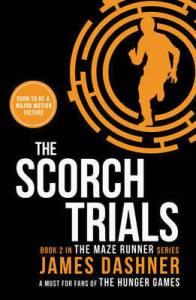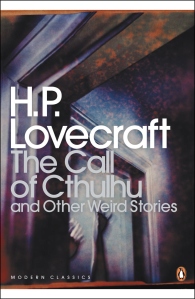2020 End of Year Review
1 January 2021 2 Comments
 Title: 2020
Title: 2020
Summary: A bit of a mess.
Rating: ★☆☆☆☆ 1/5
Review: January 1st is the anniversary of when I started this blog. January 1st 2021 marks Marvel at Words’ eighth birthday. It has been tradition on the blog to mark the occasion and start the year with an end of year survey, going over the books I’ve read and bookish accomplishments over the last 12 months. Thing is, 2020 was a bit of a mess, all told—I’m sure everyone reading this can relate—and I just… didn’t read books.
I can’t really articulate why I didn’t read books. I was just not in the mindset for it. I didn’t even manage to finish a book before things really started kicking off with the virus and lockdown, let alone in the midst of it all. I just found it impossible to fully let the real world go and immerse myself into the fictional world on the page. I started several books, but didn’t get very far with them at all before abandoning them.
My one saving grace was Northern Lights and its audiobook. The one, single book I read in 2020. But even that took me an immense amount of time to get through, compared with how long it has taken me to read books in the past. I listened to one or two chapters a week, mostly while also occupied with pages in a sweary colouring book. Although I did finish it, in many ways it still felt like a chore.
I didn’t buy very many books at all in 2020 either, which means there will be no 2020 book buying analysis coming. I bought a staggeringly grand total of five books in 2020. Even with that low number, as I only read one book, my to-read pile has continued—albeit slowly—to grow.
While there is not much bookish-related activity to look back on in 2020, I thought it would be good to set some bookish intentions for 2021. I refuse to continue to not read books. Books are things that have brought me so much joy in the past, and I am determined to reclaim that. While I cannot force the reading mojo upon myself, I will do what I can to encourage it, rather than giving up on it altogether. And so my intentions are simple and few:
Read six books – I set myself what I thought was the low-low goal of 12 books in 2020. One a month, I though. Easy peasy, I thought. Six books in 2021 feels like a mountain compared to the one book I did manage in 2020. But it’s a mountain I am motivated to climb. I am putting no pressure on myself as to what kind of books or the speed at which I should be reading them. I want the focus to be on enjoying the act of reading, rather than the number or variety of books.
Write six stories – This is a complementary goal to the reading. If I’m not feeling in the right mood to read, perhaps I can feel motivated to write. So, six stories. As short and silly and pointless as they want to be. Because as much as I want to read words, I want to be making them as well. And I want to share them here. As with the reading, I’m putting no pressure on myself. These stories can be about anything, as as short or as long as the muse makes them.
That’s it. Those are my intentions. Minimal, low-pressure, and hopefully high-fun. Because that’s my intention for 2021… to find the joy in things again.

















